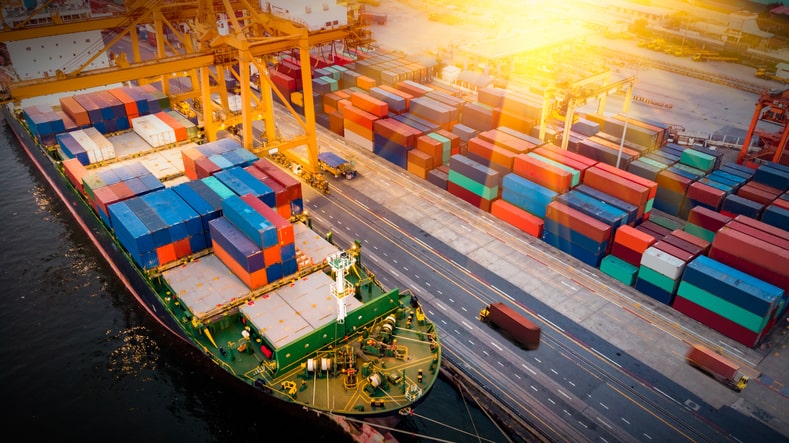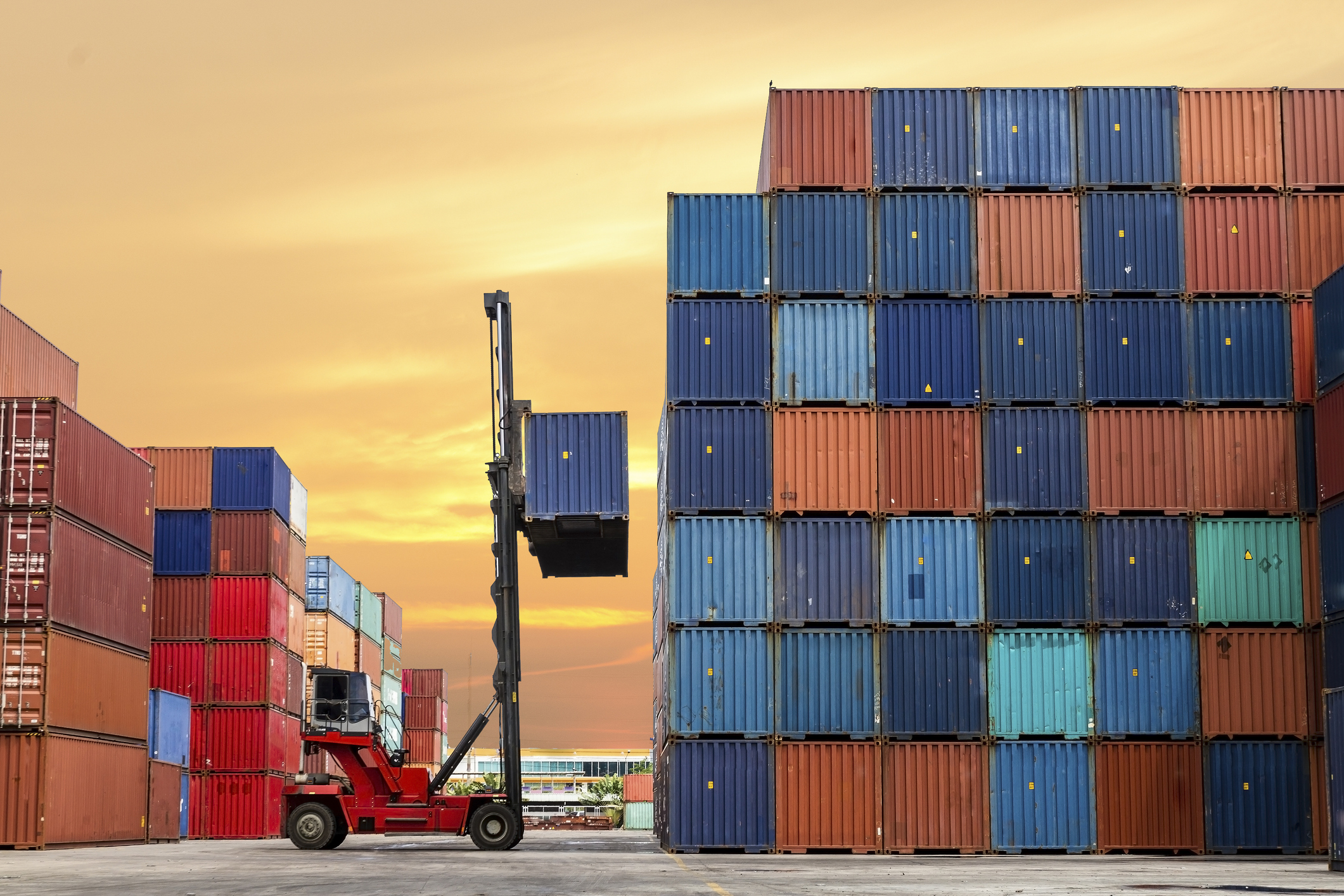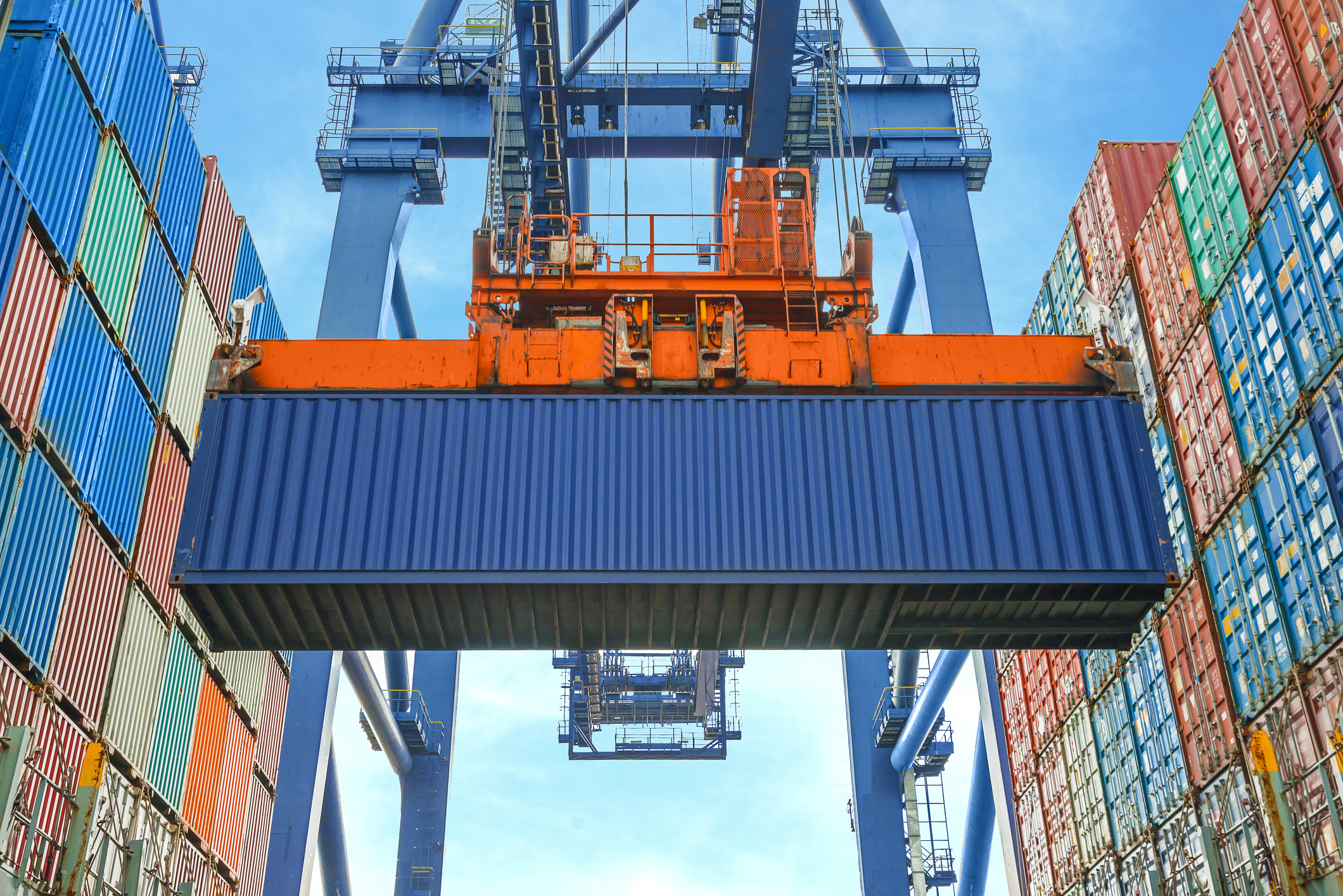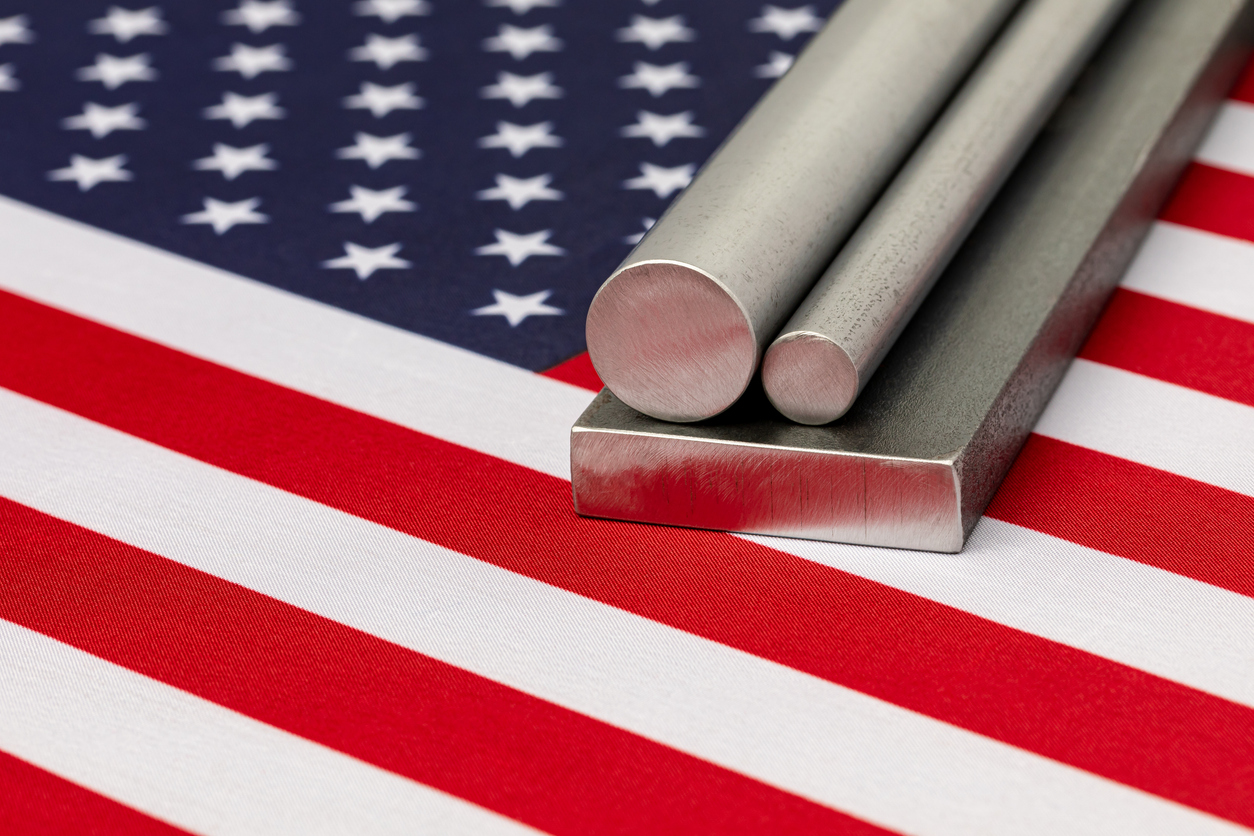Shipment through third countries resulted in falsification of the country of origin and circumvention of antidumping duties, agency finds
Chinese-manufactured xanthan gum was transshipped through India and Indonesia, resulting in falsification of its “country of origin” and “evasion” of applicable antidumping duties, U.S. Customs and Border Protection has determined.
Due to its Chinese origin, the xanthan gum—a widely traded bulk food additive—was subject to antidumping duties of more than 150% under an order issued by the U.S. Department of Commerce in 2013.
However, two U.S. importers—BMF Imports of Texas and Mak Chemicals of New Jersey—misdeclared the country of origin of the imports and paid no antidumping duties, according to notices of evasion issued by CBP following investigations.
False origin paperwork
BMF purchased and imported the gum from suppliers in India which provided paperwork naming India as the supposed “country of origin,” while Mak got “certificates of origin” from an Indonesian supplier naming that country, CBP found.
The importers relied on those statements in declaring their imports through customs, they told CBP. The claimed origins, however, were false.
Instead, the xanthan gum had been produced in China and simply sold to the Indian and Indonesian suppliers, which, in turn, had resold and exported it to BMF and Mak, CBP determined.
Xanthan gum is a bulk-traded commodity and industrial lubricant used in the production of processed foods, pharmaceuticals, paints, paper and textiles.
It is not even manufactured in India or Indonesia but only in Austria, France, the United States and China, CBP found. There was no evidence the purported Indian or Indonesian suppliers even had ability to manufacture it.
One of the Indian suppliers had photographs of xanthan gum bags displayed on its website labeled with the names of Chinese manufacturers, the investigation revealed. The other admitted to CBP it had sourced the gum from China.
As for the Indonesian supplier, its pricing was so low compared to producers in Austria, France and the United States that CPB ruled out those countries and concluded the true origin was China.
Transshipment of Chinese products
Customs duty rates can differ tremendously based on a product’s country of origin or COO, which is where it was produced, grown or manufactured.
Importers have an obligation to declare the “country of origin” on their CBP Form 7501 customs entry summaries or declarations.
Transshipment is a type of customs evasion involving the shipment of goods produced in one country through another country as a ruse for misdeclaring their origin and circumventing customs duties when finally imported into the U.S.
Transshipped goods may be falsely repackaged or relabeled as products of the intermediate country or minimally processed in it as a pretext for claiming they were “substantially transformed,” changing their origin.
The practice of transshipment is believed to be rampant with respect to goods from China given the high rates of customs duties and tariffs to which they are subject.
Those duties include Section 301 tariffs which can be up to 25% on Chinese goods, and antidumping and countervailing duties, known as AD/CVDs, which can add hundreds of percent to an importer’s customs duty obligations.
AD/CVDs are trade remedies imposed by Commerce to “level the playing field” for U.S. producers harmed by overseas competitors selling goods at subsidized or artificially low prices.
Thailand and Malaysia are among the countries believed to be significant “hubs” for transshipped Chinese imports.
Customs fraud and the False Claims Act
The investigation into the transshipped xanthan gum was conducted pursuant to the Enforce and Protect Act or EAPA, which authorizes CBP to investigate whether importers have made false statements or omissions leading to unpaid antidumping or countervailing duties.
It does not require a finding the importer knew of the falsity or was otherwise culpable, and no such finding was made as to BMF or Mak.
Nevertheless, it is important to know that the deliberate, intentional or knowing evasion of customs duties by an importer—that is, customs fraud—is legally actionable under another federal statute known as the False Claims Act.
The False Claims Act imposes substantial liabilities—triple damages plus penalties—on parties which defraud the U.S. or its agencies, including CBP.
Private parties known as qui tam “relators” or whistleblowers have the right to file lawsuits under the False Claims Act and are generally entitled to 15%-30% of any recovery as a reward.
The U.S. Department of Justice can intervene in and take up the prosecute qui tam matters, and often does so in cases involving customs fraud.
The U.S. government has paid millions of dollars in whistleblower rewards to qui tam relators in customs fraud cases.
Confer with a customs-fraud whistleblower lawyer
If you know of an importer cheating the U.S. of customs duties, reach out to experienced customs-fraud whistleblower attorney Mark A. Strauss to find out about your rights under the False Claims Act and becoming a qui tam whistleblower. The legal consultation is free and confidential, all communications are subject to the attorney-client privilege, and there is no fee unless you recover a whistleblower reward.




